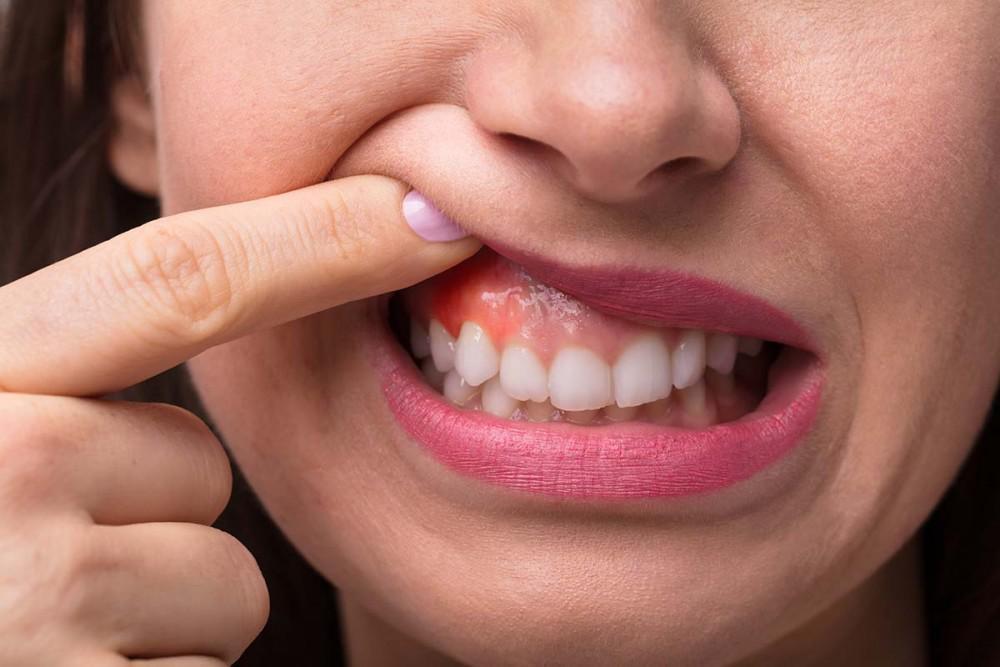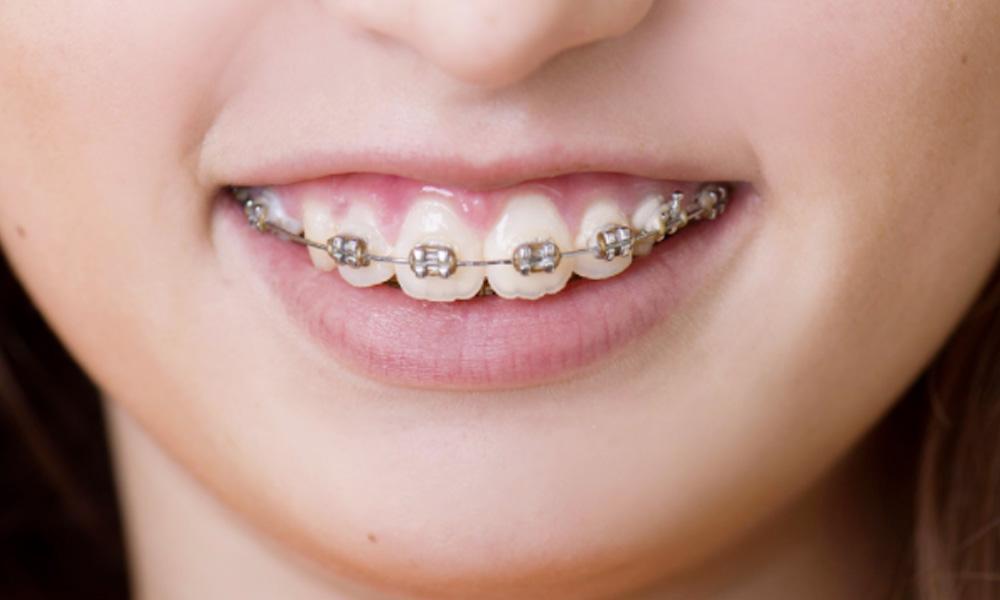Nearly half of the adult population in America is dealing with gingivitis, or early-stage gum disease. It’s not great news that so many people have gum problems, but by taking action promptly, most people should be able to reverse gingivitis with some fairly simple steps.
We can help, too. At our office in the University Park area of Dallas, Texas, Dr. Scott Evans offers teeth cleanings that remove the bacteria on your teeth that contribute to gum disease. Regular cleanings go a long way toward helping you keep gingivitis from getting worse — and even reversing it.
Teeth cleanings are just one piece of the puzzle. To help you restore your gum health, we’ve built this three-step guide.
Step 1: Keep up with your daily oral care
Brushing at least twice a day and flossing every day are your most powerful weapons in the fight against gingivitis.
Mild gum disease develops when the bacteria in plaque and tartar sit on your gums, irritating them. Fortunately, brushing and flossing your teeth clears away the majority of those harmful bacteria. This gives your gums the chance to heal.
When you have mild gum disease, a few weeks of consistent daily flossing and brushing are usually enough to stop the condition.
Step 2: See your dentist twice a year
Twice-yearly visits to Dr. Evans play a big role in fighting gum disease. That’s because brushing and flossing can remove plaque, but they aren’t effective against tartar — that’s the hardened plaque that can form on your teeth, especially around your gum line.
At your teeth cleaning, our team uses our specialized dental instruments to clear away that tartar — including between teeth and any that has accumulated at your gum line. This gives your gums the chance to heal from any gingivitis affecting them.
Step 3: Get more care if you need it
For most people, a good daily at-home oral hygiene routine paired with biannual dentist’s visits reverse gingivitis. But keep an eye on your gums. If you still notice any of the symptoms of gum disease, schedule a visit to see Dr. Evans. Those symptoms that affect your gums include:
- Swelling
- Redness
- Tenderness
- Bleeding
- Recession
Persistent bad breath and loose teeth can also indicate you need targeted gum health care. If these symptoms persist, your gingivitis may have developed into periodontitis, more serious gum disease. Fortunately, Dr. Evans can explore advanced treatment options, such as scaling and root planing, to help your gums heal.
Ultimately, you should be able to beat mild gum disease on your own. If your symptoms stick around even with daily brushing and flossing, though, call our office at 214-337-5202 to get the care your gums need.




